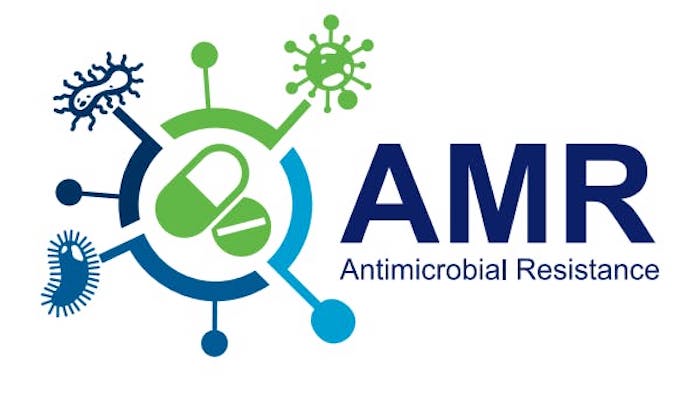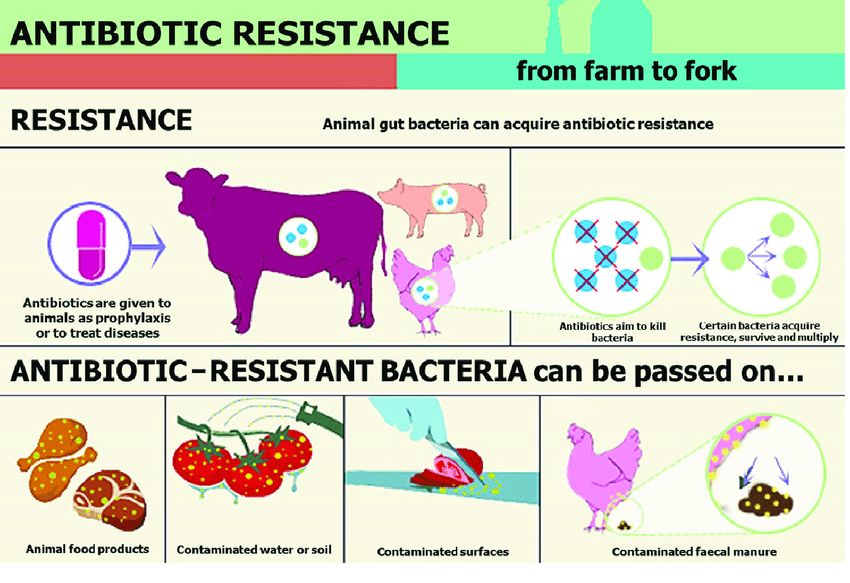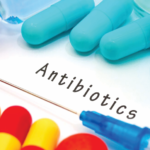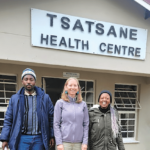Ntsoaki Motaung
Following a new report by the Africa Centers for Disease Control and Prevention (Africa CDC) revealing that Antimicrobial Resistance (AMR) has now become a leading cause of death across Africa, surpassing HIV, malaria, and tuberculosis (TB), Lesotho is joining the global movement for safer medicine use.
The Safer Use of Medicines Campaign runs from November 4-10, followed by World AMR Awareness Week from November 18-24.
In a statement from the Ministry of Health, it was noted that medicines are widely used to treat illnesses but may sometimes cause side effects.
“By using medicines correctly, we can drastically reduce the risk of side effects and severe harm. Reporting side effects, when they occur, helps make medicines safer for everyone. Today marks the launch of the ninth global #MedSafetyWeek campaign, with the Lesotho Medicines Regulatory Authority (LeMERA) as one of 104 partner organizations,” the statement read.
Research suggests that nearly half of all side effects are preventable.
“‘Patient safety is our top priority, and during the #MedSafetyWeek campaign, we want to remind patients to take their medicines as directed and healthcare professionals to carefully review therapies before prescribing,” said Marelebohile Mabuzela.
This year’s theme emphasises the importance of using medicines correctly to prevent side effects and reporting adverse reactions when they occur.
“It’s easy to think only scientists or healthcare professionals can make medicines safer, but as a patient, you play a crucial role. Reporting suspected side effects to clinics, hospitals, pharmacies, and healthcare professionals helps improve medicine safety worldwide,” Mabuzela added.
The theme for World AMR Awareness Week 2024, “Educate. Advocate. Act Now,” reflects a call to raise awareness, advocate for stronger commitments, and take immediate action against AMR.
According to the World Health Organisation (WHO), AMR is a critical global health and socioeconomic crisis that threatens human and animal health, food production, and the environment.
“This year’s theme urges the global community to educate on AMR, advocate for bold commitments, and take concrete actions. The 2024 UNGA High-Level Meeting on AMR and the fourth Global High-Level Ministerial Conference on AMR provide a vital window for political and financial commitments and increased accountability. Stronger leadership, advocacy, and accountability at all levels are essential—now is the time to act,” WHO stated.
Summary
- Following a new report by the Africa Centers for Disease Control and Prevention (Africa CDC) revealing that Antimicrobial Resistance (AMR) has now become a leading cause of death across Africa, surpassing HIV, malaria, and tuberculosis (TB), Lesotho is joining the global movement for safer medicine use.
- According to the World Health Organisation (WHO), AMR is a critical global health and socioeconomic crisis that threatens human and animal health, food production, and the environment.
- The 2024 UNGA High-Level Meeting on AMR and the fourth Global High-Level Ministerial Conference on AMR provide a vital window for political and financial commitments and increased accountability.

Your Trusted Source for News and Insights in Lesotho!
At Newsday Media, we are passionate about delivering accurate, timely, and engaging news and multimedia content to our diverse audience. Founded with the vision of revolutionizing the media landscape in Lesotho, we have grown into a leading hybrid media company that blends traditional journalism with innovative digital platforms.









